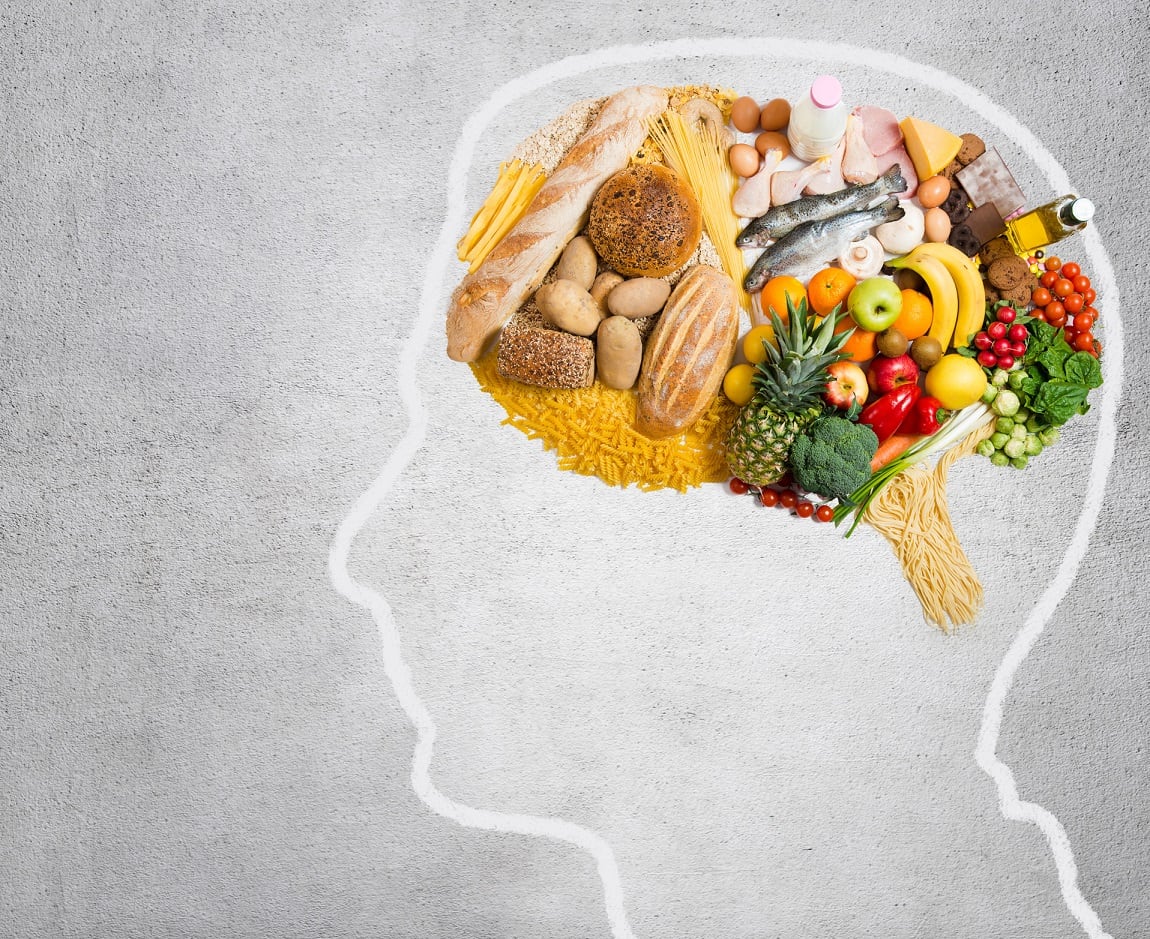“Obesity and ageing lead to chronic low-grade systemic inflammation and oxidative stress, which predisposes an individual to the development of dementia,” the Australian researchers wrote in the journal Frontiers in Nutrition. “This review provides justification for adopting Capsimax in clinical trials as an effective, non-pharmaceutical intervention to counteract the decline of cerebrovascular function and cognition, particularly in obesity and ageing.”
Natural ingredient supplier OmniActive, which currently markets Capsimax for weight management, was not involved in the study.
Making the case for capsiacin
To make their case, the study authors examine the current literature showing that acute and chronic capsaicin treatment support brain health in animal models, but note the need for research into its effects on cerebrovascular function and cognition in humans.
“In animal studies, capsaicin decreases chronic low-grade systemic inflammation and oxidative stress, which may ultimately improve cerebrovascular function and reduce the symptoms of cognitive decline and dementia,” they wrote.
Specifically, the study highlights the activation of transient receptor potential vanilloid channel 1 (TRPV1) to modulate inflammation (systemic and neural), oxidative stress and improve nitric oxide (NO) availability to support endothelial function and ensure adequate oxygen and nutrient delivery to the brain.
“Further, capsaicin can cross the blood–brain barrier (BBB) and activate TRPV1, as well as increase its expression,” they added. “This capsaicin-induced activation decreases BBB permeability, consequently increasing its integrity. This has been directly related to significant memory and spatial learning improvement in Alzheimer’s disease-type pathologies and traumatic brain injury.”
Capsimax as test product
The researchers present OmniActive’s Capsimax ingredient, containing 2% capsaicinoids, as a novel delivery vehicle because it prolongs capsaicin release into the small intestine to overcome pungency issues.
In commenting independently on the review and potential of the extract for cognition, Dr. Deshanie Rai, vice president of global scientific & regulatory affairs at OmniActive, told NutraIngredients-USA:
“The role of capsaicinoids in helping to support weight management goals is widely reported in the scientific literature. There is also now a growing body of evidence, particularly at the mechanistic level, supporting the role of capsaicinoids in influencing aspects of cognitive health and function.”
Capsimax has been tested in nine human clinical studies published in 10 peer-reviewed journals, with results showing that it is safe and well-tolerated, provides a thermogenic benefit, increases resting metabolic rate and can help curb appetite.
Dr. Rai, however, noted a 15-year study on in 4,582 Chinese adults indicating that higher chili intake (above 50g/day) is positively associated with cognitive decline, particularly in subjects with a lower body mass index.
Source: Nutrients
“Capsaicin: A Potential Treatment to Improve Cerebrovascular Function and Cognition in Obesity and Ageing”
doi: doi.org/10.3390/nu15061537
Authors: Tammy Thornton et al.




